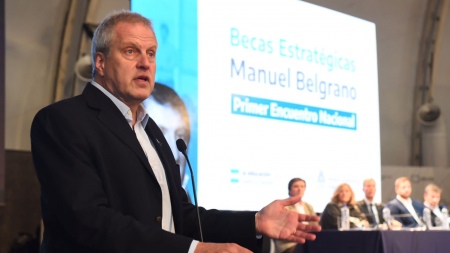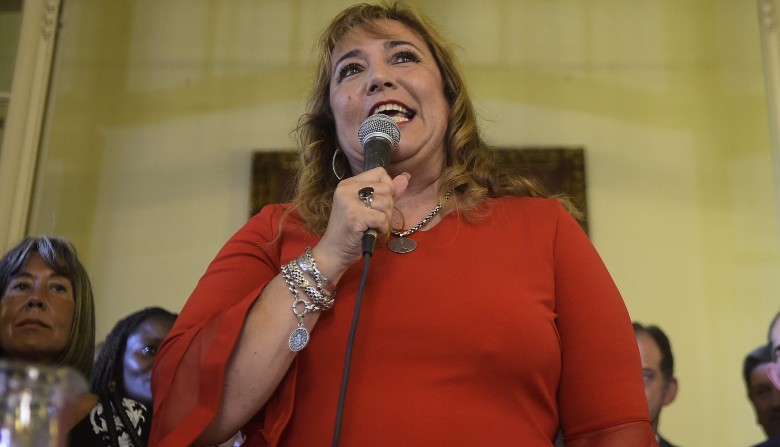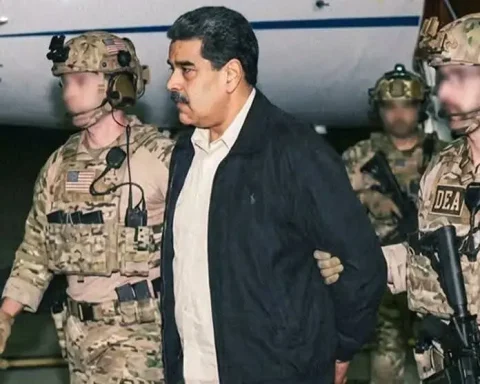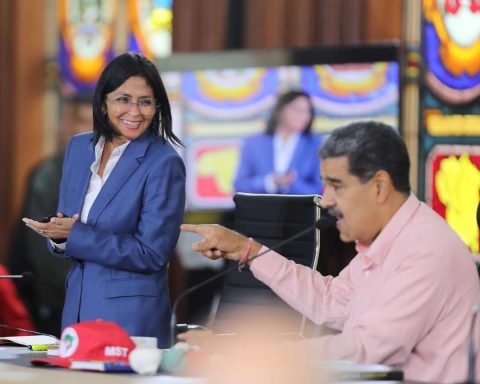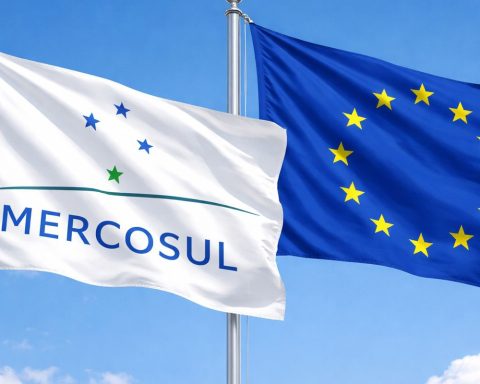The Minister of Education, Jaime Perczyk, spoke in favor of watching the matches of the Argentine team in the World Cup in Qatar on television in schools and remarked that “it is a day won, not a day lost.”
“A A large number of provinces have decided to watch the Argentine matches at school and the city of Buenos Aires decided that each school should do what they want“Perczyk said.
“The City gives power to schools or washes its hands, there are two ways of looking at the same thing”he added.
Before the debut of the national team in the World Cup this Tuesday, the minister indicated that there will be classes and pointed out that “There are provinces that are going to wait for the boys to enter later”.
Likewise, He maintained that they have received “a large number of messages from school directors, from teachers, expressing the idea of linking it to issues of literature, letters, expression, social sciences and, in facteithera note came out that in Uruguay and other countries they do the same“.
“The school does not live outside of what happens in society and the school has to convey what society places at the center of its discussions and aspirations”, said the minister and stressed: “It’s a day won, not a day lost”.
In this sense, he recalled the country’s tradition of following the soccer cup in schools and stated: “From 1986 onwards, teachers and children, in general, have watched the World Cups at school.”
In dialogue with Radio Continental, the minister also referred to the program for one more hour of class per day in state-run primary schools: “9,700 schools as of March 1 will have one more hour of class, that is more than 70 % of Argentine schools”.
In addition, he recalled that in this 2022 “7,000 schools already had one more hour of class, which is equivalent to 38 more days of class per year.”
The program, unanimously approved by all the provinces in the Federal Education Council (CFE), adds one hour of class per day to reinforce learning in Mathematics and Language.
The 19 provinces that have already joined the program are: Buenos Aires, Catamarca, Chaco, Chubut, Córdoba, Corrientes, Entre Ríos, Formosa, Jujuy, La Rioja, Mendoza, Río Negro, Salta, San Juan, Santa Cruz, Santa Fe, Santiago del Estero, Tierra del Fuego and Tucumán.
“There are provinces that are incorporating schools and we are working on the agreements,” the minister continued, assuring that the measure “is a very important advance for Argentina.”
On the other hand, when asked about the progress of the Connect Equality program, Perczyk stated that “90% of the children with pedagogical connectivity in their school will start classes next year.”
